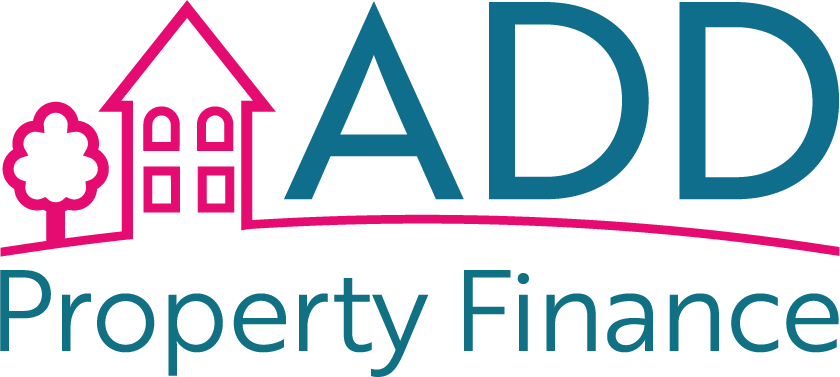Investing in real estate is a significant financial decision, and one of the crucial aspects is choosing the right mortgage product to fund your investment. When it comes to mortgages for property investors, two primary options stand out: commercial mortgages and residential mortgages. Each has its advantages and disadvantages, and the choice depends on various factors. In this article, we’ll conduct a detailed comparison to help investors determine which option is the right fit for their investment goals.
Commercial Mortgages: Tailored for Investment Properties
1. Property Type
- Suitable Properties: Commercial mortgages are designed for properties used for business purposes, such as office buildings, retail spaces, warehouses, and multi-unit apartment complexes.
- Diverse Investments: Investors who prefer diversifying their portfolio with commercial properties may find this option appealing.
2. Loan Terms
- Interest Rates: Commercial mortgage interest rates can be higher than residential rates due to increased risk.
- Loan Terms: Typically shorter loan terms, often between 5 to 20 years, with balloon payments or refinancing required.
3. Financing
- Loan-to-Value (LTV) Ratio: Commercial loans usually require a lower LTV ratio, which means investors need a more substantial down payment.
- Lender Scrutiny: Lenders scrutinize both the property and the investor’s financials, including creditworthiness and business plans.
4. Returns and Risks
- Income Potential: Commercial properties generally offer higher rental income potential compared to residential properties.
- Market Risks: Market fluctuations and tenant vacancies can pose higher risks.
5. Management
- Hands-On Management: Investors might need to be more hands-on, especially when managing multi-unit properties or dealing with commercial tenants.
Residential Mortgages: Familiar Ground for Investors
1. Property Type
- Suitable Properties: Residential mortgages are designed for single-family homes, multi-family residences (up to 4 units), and vacation properties.
- Entry Level: Ideal for investors starting their real estate journey with smaller, more manageable properties.
2. Loan Terms
- Interest Rates: Residential mortgage interest rates are generally lower, thanks to the lower risk associated with residential properties.
- Loan Terms: Longer loan terms, often ranging from 15 to 30 years, offering stability and lower monthly payments.
3. Financing
- Loan-to-Value (LTV) Ratio: Residential properties may allow higher LTV ratios, enabling investors to put less money down.
- Simplified Approval: Lender requirements may be less stringent, particularly for investors with solid credit histories.
4. Returns and Risks
- Steady Income: Residential properties offer more predictable rental income, making them suitable for income-focused investors.
- Market Stability: Residential markets tend to be less volatile, but returns may be lower than those of commercial properties.
5. Management
- Property Management: Residential properties often require less intensive management, especially when renting to long-term tenants.
Conclusion: Making the Right Choice
The choice between commercial and residential mortgages ultimately hinges on your investment strategy, risk tolerance, and financial capacity. Commercial properties may offer higher income potential but come with more significant risks and financial requirements. Residential properties provide a stable entry point for investors and may be easier to manage but offer relatively lower returns.
Consider your investment goals, available capital, and willingness to manage your properties actively. Some investors diversify their portfolio with a mix of both commercial and residential properties to balance risk and returns. Whichever path you choose, thorough research, financial planning, and consulting with a mortgage adviser can help you make an informed decision tailored to your investment objectives.







